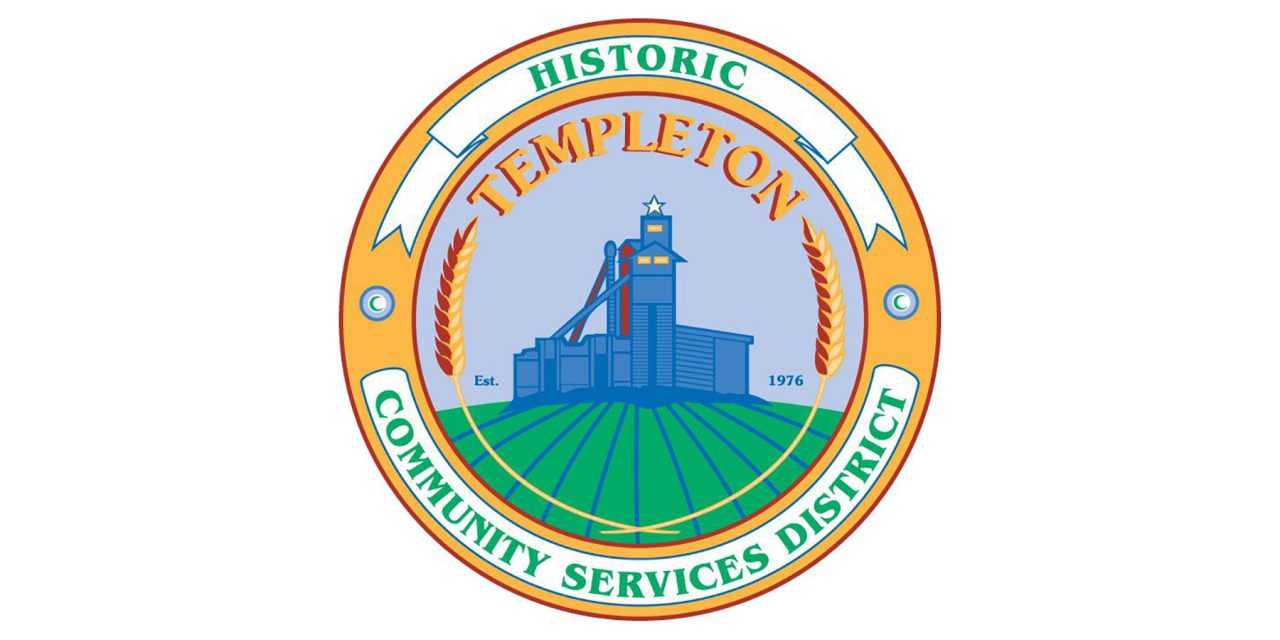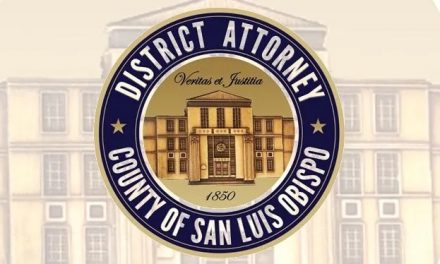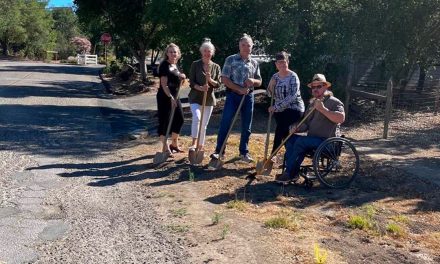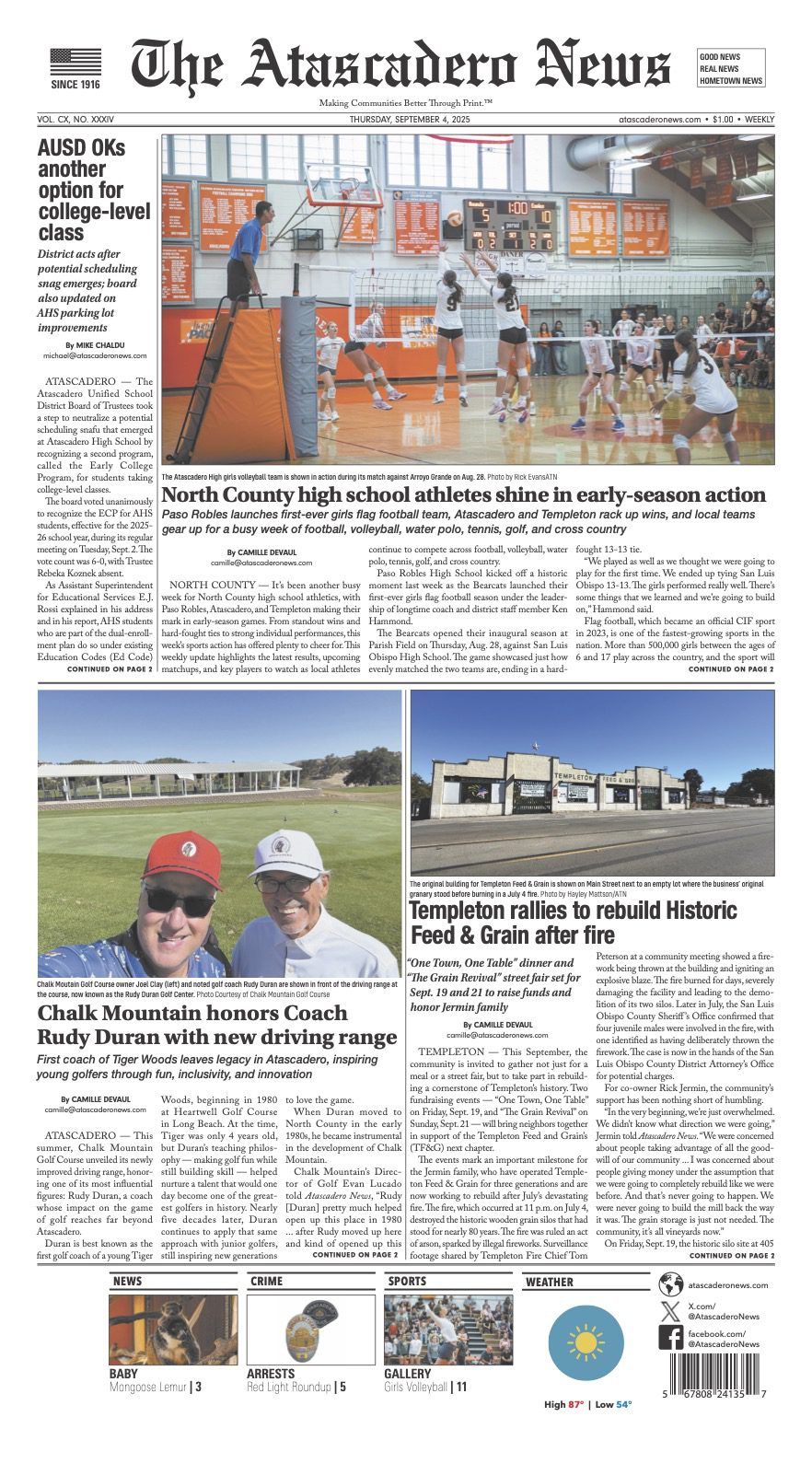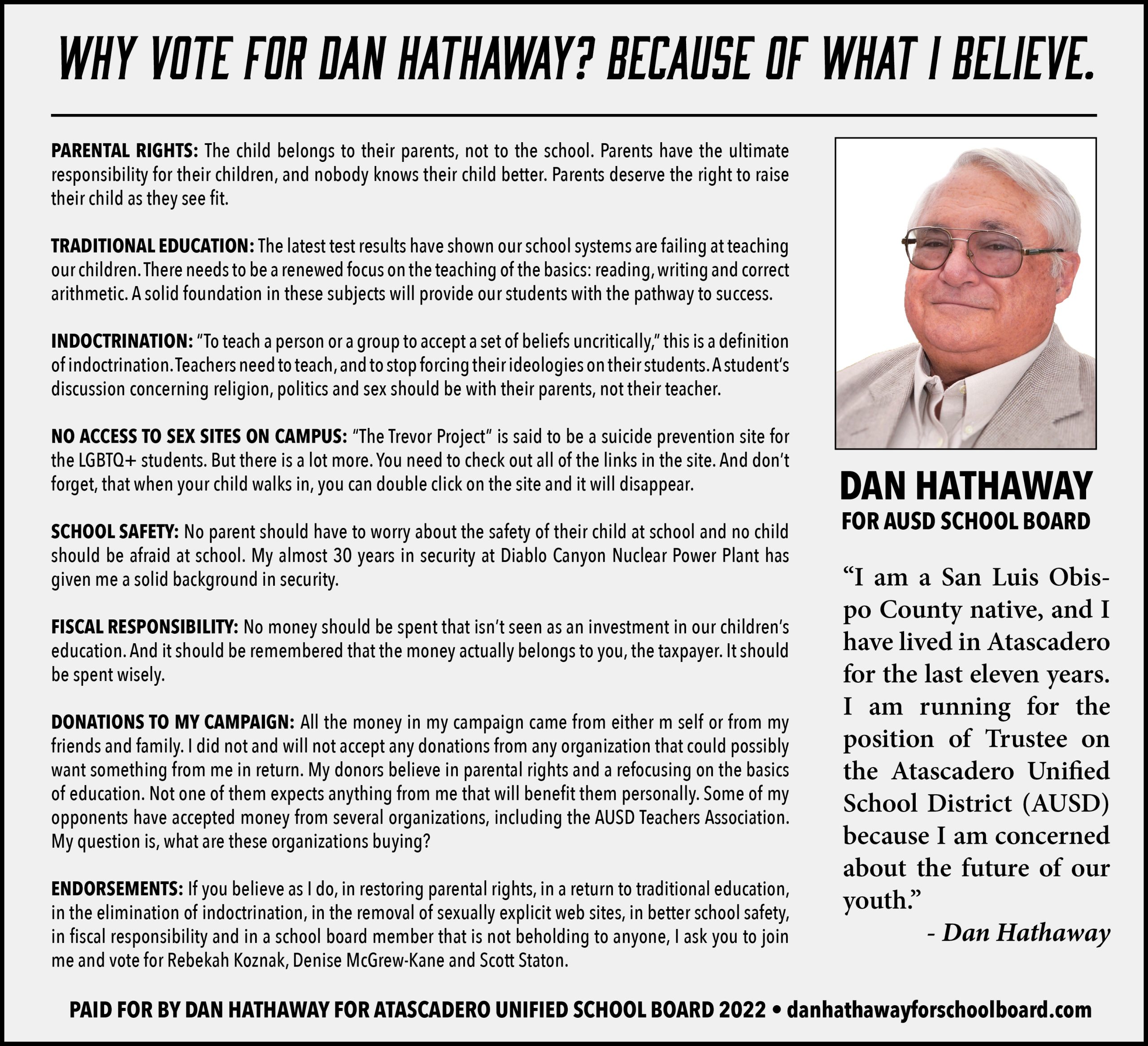Landscape retrofit program was top choice by directors
TEMPLETON — The Templeton Community Services District Board of Directors took the first steps toward making more water units or meters available.
After two hours of discussion by the directors, it’s clear this will be a tedious process.
Tuesday night, Dec. 1, TCSD directors were presented with four concepts — A, B, C and D. Directors were tasked with prioritizing the concepts for staff.
Water units or meters are currently unavailable to buy or transfer in Templeton unless the owner relinquishes it. At that point, TSCD will go to the next in line on the 25-year waitlist to offer that meter.
The lack of available water units has stalled home construction and development in the unincorporated town of roughly 8,000 people and 3,000 water connections.
General Manager Jeff Briltz succinctly presented the four concepts and their pros and cons in less than 20 minutes. Based on the directors’ rankings, the priority was C, B, D and then A.
Concept C — Implement a landscape retrofit program to allow developers-owners of vacant property to reduce landscape water usage, such as by turf removal on property owned by others in exchange for water service for a new use.
Concept B — Permit property owners to transfer water units that are not in service to another property that they own.
Concept D — An update of the District’s single-family dwelling unit equivalent water demand calculation for future connections.
Concept A — An incentivized relinquishment program to encourage property owners to relinquish — return-sell back — unconnected water units so that more properties on the waitlist may be offered water service.
Before TCSD can issue more water units, it needs to meet a board-imposed water supply buffer of 20 percent, which it is close to reaching.
Briltz said if the buffer is met, it would open up roughly a dozen new water units.
There are parcels of land in Templeton with no water meters and others with more meters than the property could ever build on or use.
Staff will now study each concept in order of priority and bring it back to the TCSD Board of Directors for consideration. One of many problems is that almost all of the concepts have been tried in one form or another in Templeton or elsewhere with little to no success.
Concept C was either ranked number one or two by four of the five directors and would be similar to a retrofit program used by the District in the 1990s.
This program replaced toilets, showerheads, and faucets in many dwelling units throughout the community to obtain water service for new housing development.
TCSD could “expand this type of retrofit program to allow it to apply to exterior landscape revisions that reduce water usage, in exchange for the ability to obtain a new connection,” Briltz stated.
For example, and using the previously determined 2 to 1 required offset, a developer could work with property owners to modify landscaping at multiple properties to reduce expected average daily irrigation demand by 1,150 gallons per day in exchange for one new water unit to be assigned elsewhere within the District.
Development and administration of this type of program would be complicated and likely require staff and consulting resources beyond what the District has presently.
“Ideally, we could find a successful landscape retrofit program elsewhere and tweak that program to meet the District’s needs,” Briltz stated.
The District’s water code would also need to be amended. Development of the program was estimated to take six months or more.
Concept B, transferring a water unit, was either a first or second priority by three directors.
Allowing a water unit holder to transfer or move a water unit assignment from one parcel to another is a complicated process and would represent a significant shift in District policy. A similar broader concept was discussed in August 2018 by the Board. At that time, the majority of the Board declined to investigate that option further, Briltz said.
The 2020 concept is somewhat more simplified, as there would not be financial transactions between property owners.
Consideration of this issue’s implementation is complex and would require extensive legal advice as specific policy provisions were being evaluated, Briltz said. A decision regarding whether or not the water capacity fee would be necessary to permit a water unit transfer would need to be made and would significantly impact the District financially.
After the policy issues were agreed upon, an ordinance would need to be introduced and adopted. It is estimated that this could take six to nine months to implement fully, Briltz said.
Concept D was not far behind B, while A was ranked last by four of the directors.
Three community members submitted comments to the board via email and they favored concept B, which allowed transferring water units. Six people commented during the Zoom meeting and they were all in favor of town hall meetings or community workshops to engage and inform residents.
“It’s clear to me this far too complicated a subject to try to solve tonight,” said Doug Filipponi, who is a holder of 156 units. “I know you mentioned you probably won’t try to solve it tonight, but I would encourage that we could, that the District could have some community workshops to answer questions. It’s complicated to move these units. It would certainly be our request to make the process simpler.”
TCSD Board of Directors President Geoff English was noncommittal to townhalls or workshops but said there would be more discussion at future meetings. An attempt to form an ad hoc committee to work on the concepts and not burden TCSD staff did not gain traction.

